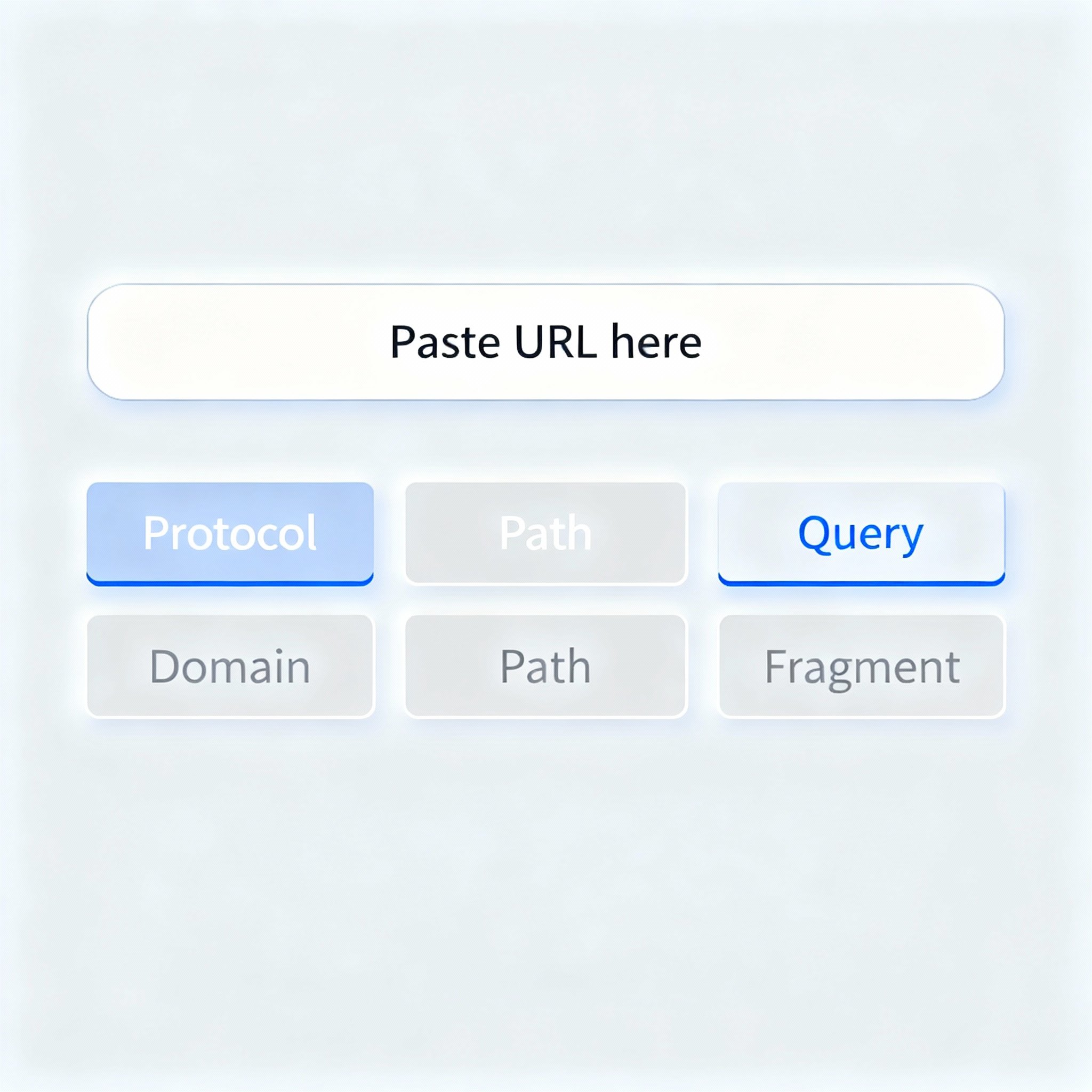
URL parser
Created on 21 October, 2025 • Developer tools • 96 views • 2 minutes read
A URL parser is a critical web utility used by developers, marketers, and SEO experts to decode and analyze website addresses
URL Parser: The Essential Tool for Web Analysis and Optimization
Introduction: What is a URL Parser?
A URL parser is a critical web utility used by developers, marketers, and SEO experts to decode and analyze website addresses. URLs (Uniform Resource Locators) are the backbone of web navigation, containing vital information about page paths, queries, domains, protocols, and more. Understanding how to extract and manipulate these components is key for web development, troubleshooting, link management, and digital marketing. A user-friendly URL parser simplifies the process, saving time and reducing errors.
Why Should You Use a URL Parser?
Core Benefits and Use Cases
- Web Development: Easily break down, validate, and modify URLs for application development, API integrations, and testing environments.
- SEO Optimization: Analyze query parameters, domain structures, and tracking tags to optimize links, canonical URLs, and guide on-page improvements.
- Troubleshooting: Detect malformed links, identify redirect loops, and resolve link integrity issues quickly.
- Marketing Campaigns: Track UTM parameters, organize affiliate links, and ensure accurate reporting in analytics platforms.
How Does a URL Parser Work?
Automatic Extraction of Key URL Components
A good URL parser tool or script takes a raw URL string and splits it into its usable components, such as:
- Protocol: Indicates the transport method (HTTP, HTTPS, FTP, etc.).
- Domain/Host: The base domain handling the request (e.g., www.example.com).
- Path: The location or file requested on the server (e.g., /blog/article).
- Port: The connection port, often omitted for standard protocols.
- Query Parameters: Key-value pairs carrying data, such as search queries or tracking codes.
- Fragment: The anchor or section within the page (e.g., #section1).
This parsed data is displayed in a clear, organized format, allowing users to copy, manipulate, or analyze each component for their purpose.
Features of the Best URL Parser Tools
Advanced Functionality for Modern Web Needs
- Bulk Parsing: Analyze lists of URLs at once, accelerating audit and QA processes.
- Editable Output: Make changes to components and reassemble the URL instantly.
- Validation & Error Detection: Spot or highlight malformed syntax and security issues.
- Export & Integration: Download results or integrate with other tools via API.
- Intuitive Design: Paste, parse, and get results in seconds with a clean web interface.
SEO Tips for URL Parser Utility Pages
- Include Core Keywords: Use phrases like “URL parser,” “online URL analyzer,” “URL breakdown tool,” and “decode website address” in your content, headings, and meta tags.
- Meta Description Optimization: Write actionable metadata to improve click-through rates from search engines.
- Structured Guides: Offer tutorials, FAQs, and troubleshooting tips to enhance authority and engagement.
- Schema & Markup: Apply calculator or software schema to stand out in search results and boost organic visibility.
Conclusion: Empower Your Web Workflow With a URL Parser
A URL parser is indispensable for anyone working with web applications, marketing campaigns, or search optimization projects. By rapidly dissecting and understanding every part of a URL, you improve site structure, eliminate errors, and maximize campaign performance. Implement the right tool and smart SEO strategies to attract targeted users and streamline your digital operations.
Popular posts
-
GIF to BMPImage Manipulation tools • 583 views
-
GIF to WEBPImage Manipulation tools • 462 views
-
GIF-to-PNGImage Manipulation tools • 363 views
-
SHA-3/512 generatorConverter tools • 292 views
-
GIF to JPGImage Manipulation tools • 257 views